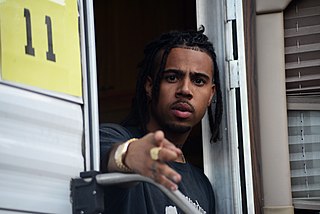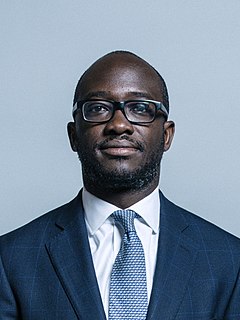A Quote by Patrisse Cullors
I am part of a legacy of queer black women who have fought for the freedom of black people across the globe.
Related Quotes
As a black person on the outside, because there's so much black art and so much of black people's work circulating, so many people imitating what black people do, you would think that there'd be more black people on the business side. It didn't cross my mind that every label head, for the most part, is a white guy.
I collaborated with so many people from Chicago - so many Black people, young Black women organizations like BYP100 and Assata's Daughters. Just being out there, I saw what a community mobilizing can accomplish in terms of freedom and how music and my words in my music can play a significant part in that.
Black women are some of the most colorful women in the world. We come in all shadeshave so many hair textures..eye colors..body types. In this generation, it's sad to see so many black girls claiming ethnicities that they know nothing about in hopes of impressing a man or appearing 'exotic'. So many people act as if being black and beautiful is impossible. It's not. If we wanna get technical and look at our history, almost every black American is mixed. But we must stop implying that a woman's beauty comes from a part of her that is not black.
Within the lesbian community I am Black, and within the Black community I am a lesbian. Any attack against Black people is a lesbian and gay issue, because I and thousands of other Black women are part of the lesbian community. Any attack against lesbians and gays is a Black issue, because thousands of lesbians and gay men are Black. There is no hierarchy of oppression.
I'm an African woman, I suppose these thoughts torture me more than they do black American people, because it's like watching my own children trapped in a car that's sinking to the bottom of a lake and being impotent to save them'the black Americans have their own holocaust going on. You see the black man erasing black children from the landscape, you see black women desperately trying to get the black man's attention by wearing blonde hair and fake blue eyes, 500 years after he sold her and their children across the ocean.



































